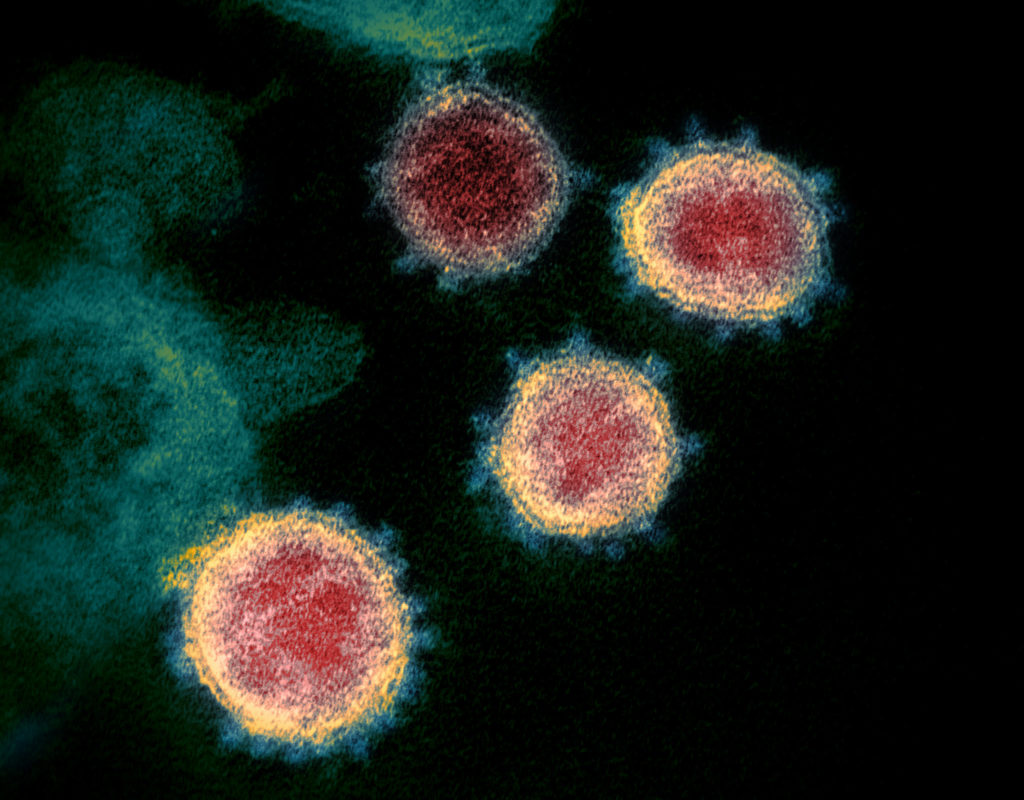From Public Health – Seattle & King County

Public Health—Seattle & King County officials today reported on how rapid response teams have been able to help protect residents and staff of three homeless shelters during outbreaks of COVID-19.
The articles appear in the U.S. Centers for Disease Control and Prevention publication Morbidity and Mortality Weekly Report (MMWR)
Public Health deploys rapid response teams to homeless service sites where there is a confirmed positive case of COVID-19 or a suspected cluster based on people with symptoms of COVID-19.
These multi-disciplinary teams assess the level of current illness, assess the risk of further contagion, and connect service providers and residents with resources to identify illness and prevent further spread.
Each of these teams has an environmental health staff person who assesses the facility and provides recommendations to reduce risk, such as procedures to support adequate social distancing and infection control measures.
In addition, clinical team members provide education on COVID-19, screen residents and staff for symptoms, facilitate testing of exposed residents and staff, provide access to resources such as thermometers and surgical masks, and make referrals to the county’s Isolation and Quarantine facilities and Assessment and Recovery Centers.
For additional testing, a separate Mobile Assessment Team or testing team from a partner organization is available to deploy to sites, based on the specific needs at each location.
In the past month, approximately 1,500 residents and staff have been tested at facilities that have had at least one positive case of COVID-19.
Since February, Public Health has been reaching out to sites without any confirmed or suspected illnesses, providing technical advice on infection control and social distancing.
These assessments support facilities in accessing hygiene supplies such as wipes, masks and cleaning products through a shared warehouse ordering process.
For details on King County’s response to limit the harm of COVID-19 among people living homeless, see “Action Steps: Supporting King County residents experiencing homelessness.”
- Information about COVID-19 and the response in King County, be sure to check the Public Health – Seattle & King County webpage: www.kingcounty.gov/covid


